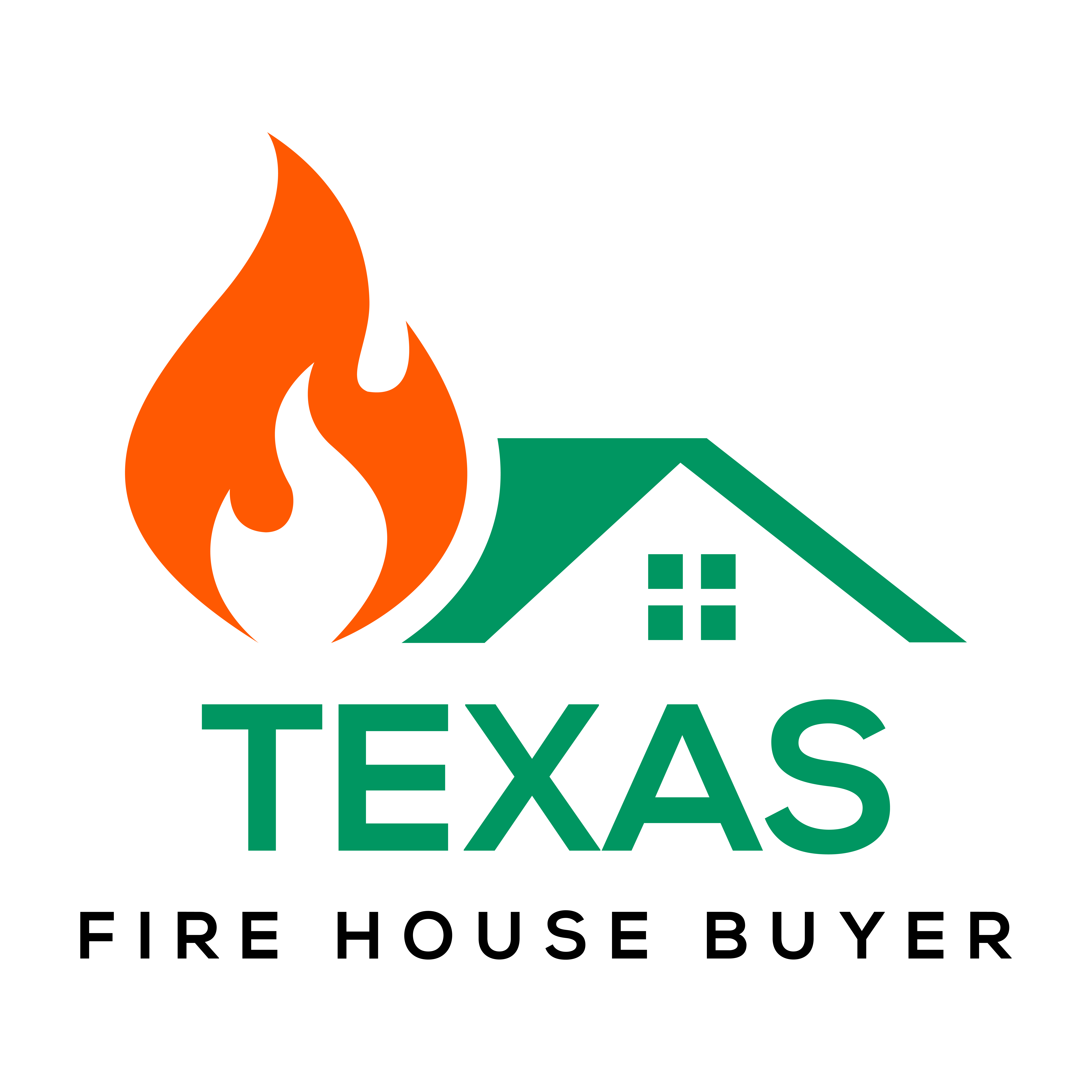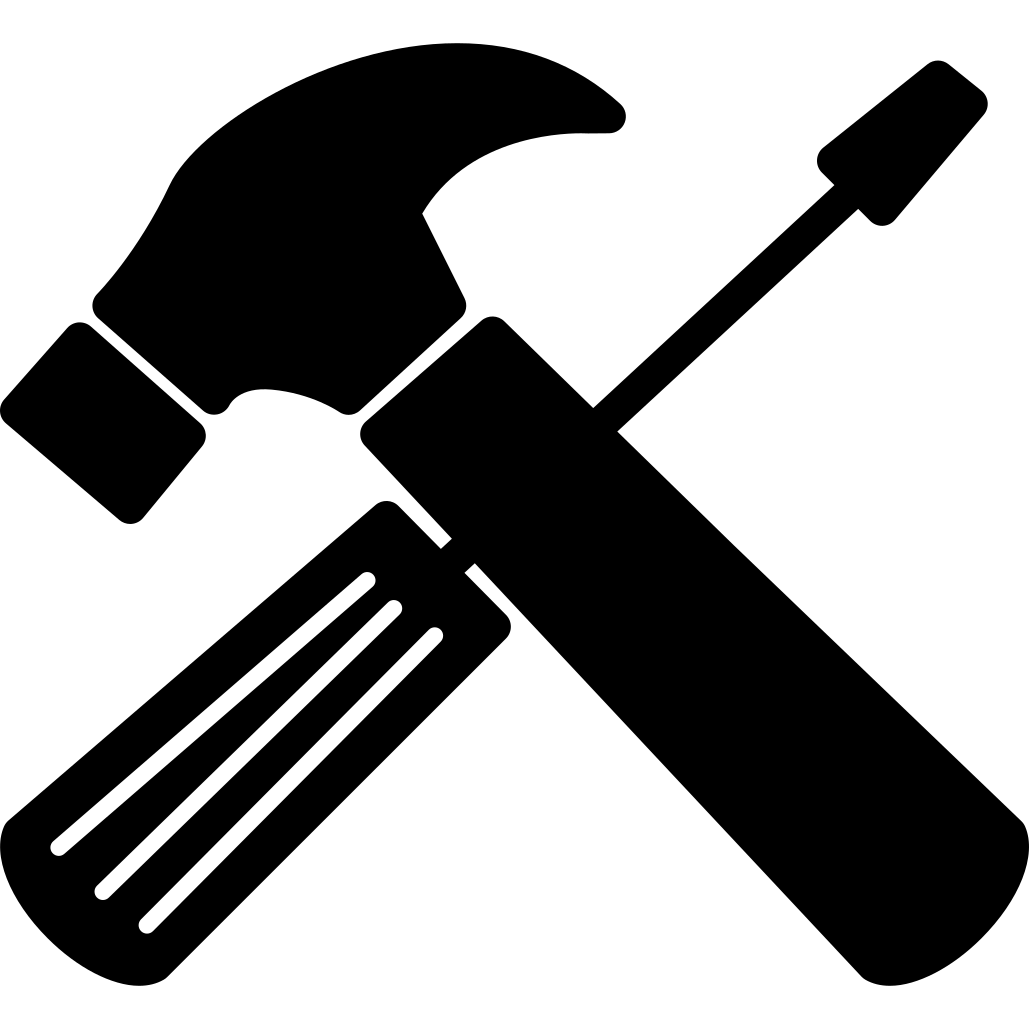Selling A House With Fire-Damaged In Dallas
I buy fire damaged houses in Dallas cash as is, get a fair offer today


We’ll Give You A No Pressure As-Is Cash Offer in 24 Hours
We’re Local, Can Close in 10 Days, Fast Cash




How To Sell A Fire Damaged House As Is In Dallas
If you’re looking to sell a house as-is in Dallas, we guide you through a simple 3-step process. Skip the agent hassle—get a free offer and close for cash in as little as 7 days, or on your schedule. From Oak Cliff to Lakewood and Uptown, our local team is ready to help. Try Sell Fire Damaged House Dallas today!


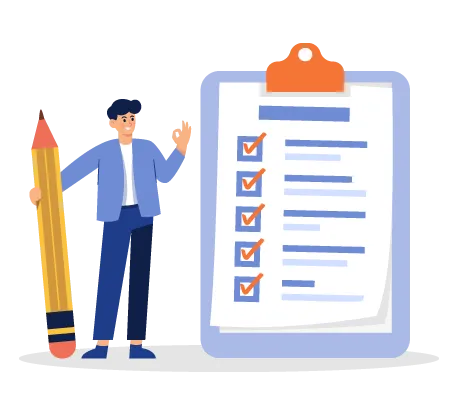
Fill Out Form
Fill out our form and we’ll get started on your free offer! No obligations.



Receive Cash Offer
We’ll research your property and call you with our fair offer in cash!
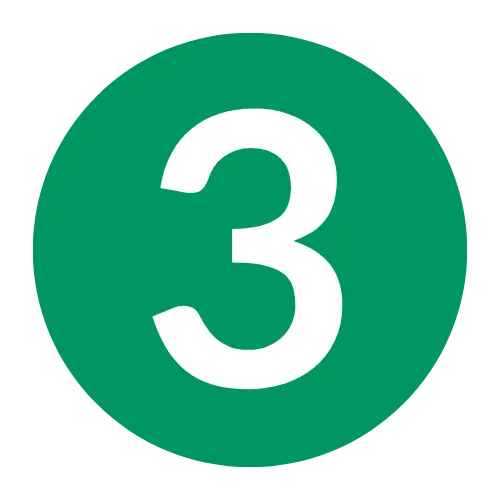

You Get Paid!
Money in your bank account at closing. As quick as 7 days!
Sell Your House Fast After a Fire
Selling your fire-damaged home in Dallas is easy with our stress-free process. Whether you’re in Oak Cliff, Lakewood, or Uptown, we help you move forward quickly so you can focus on what matters most.
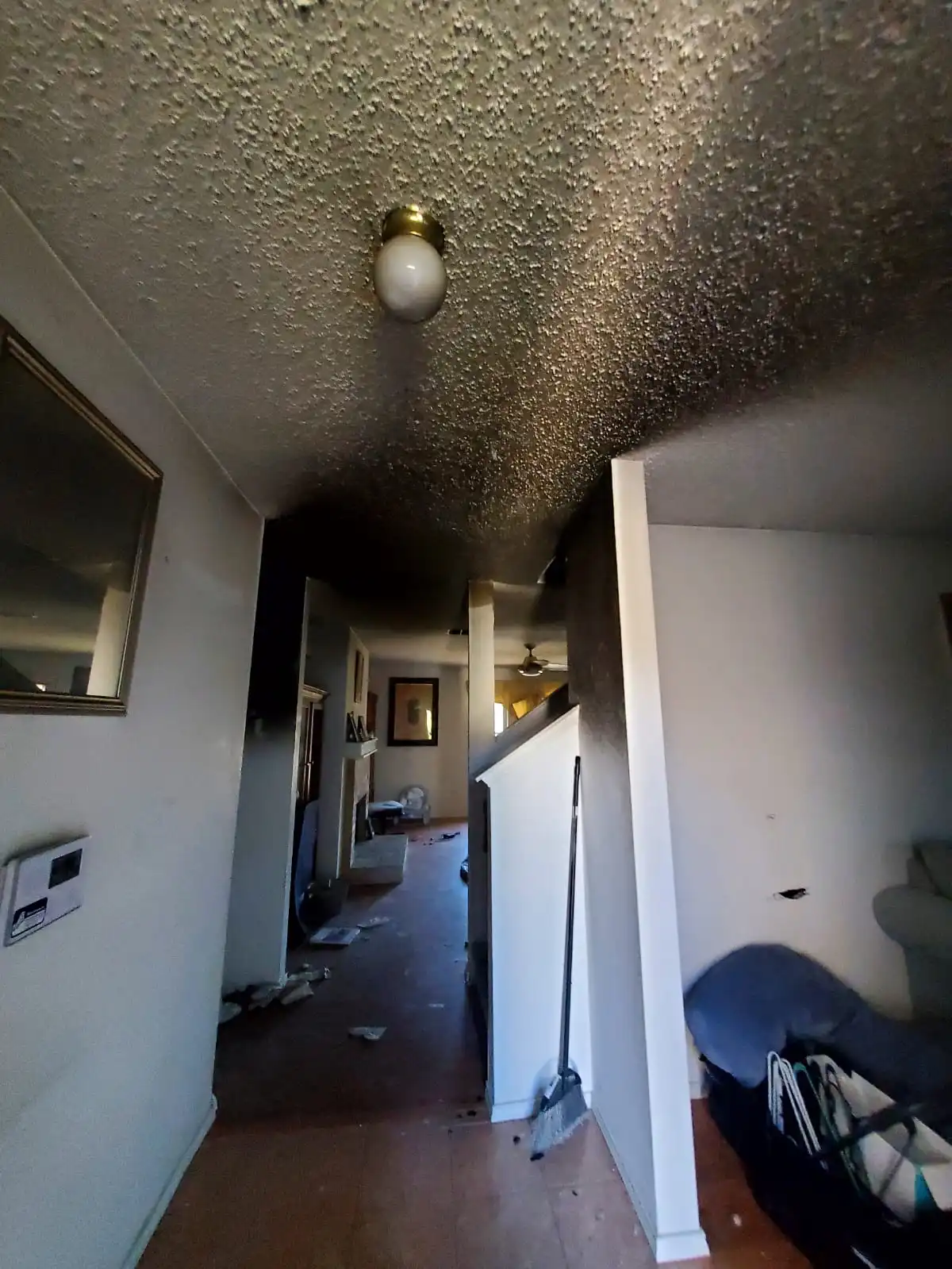
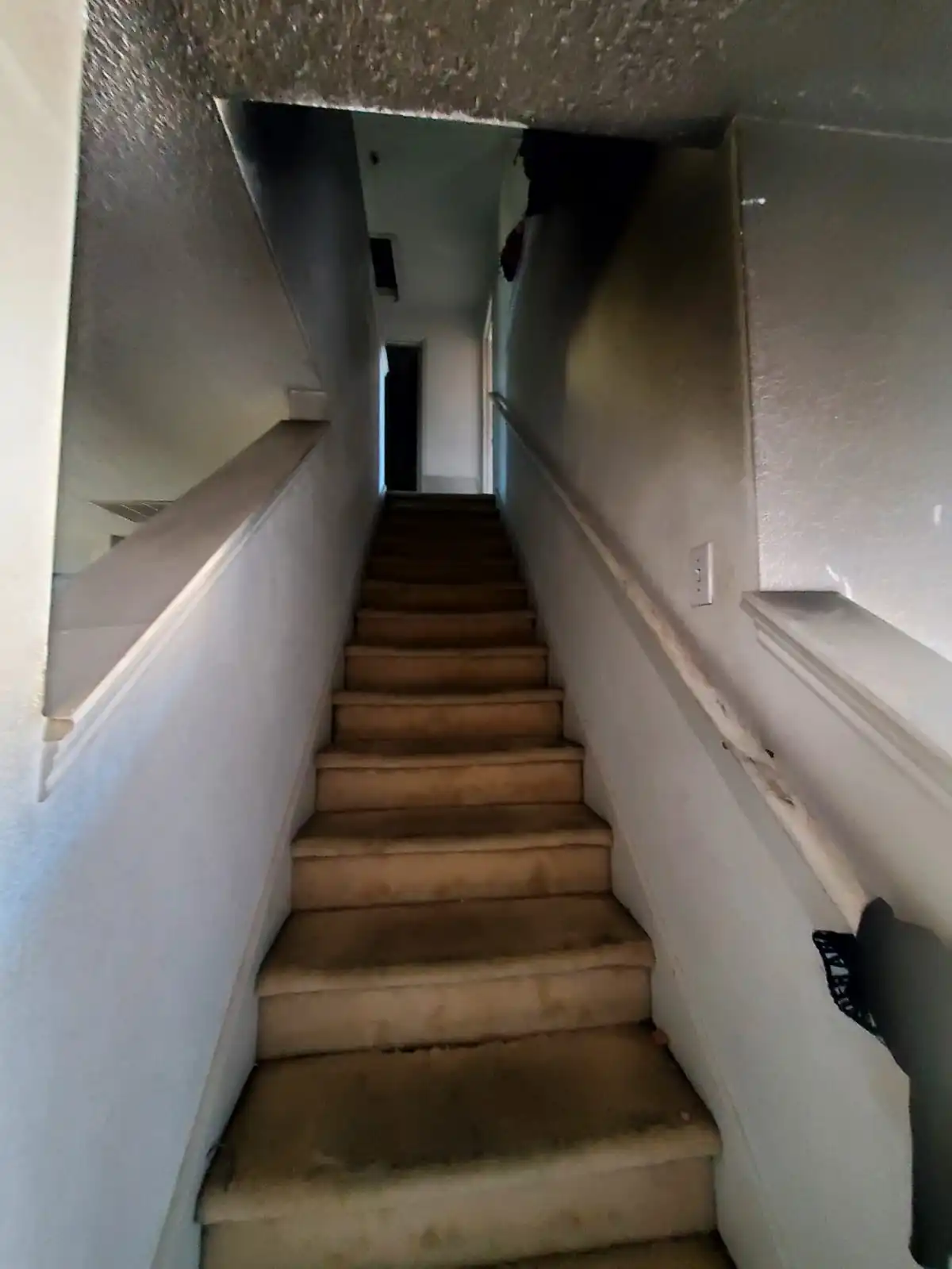
How To Sell A Burned Down Fire Damaged House In TX
- We Buy Fire Damaged Homes
- Selling a fire-damaged house in Dallas requires weighing the pros and cons of various options, such as selling as-is or repair and listing.
- It is important to consult a fire damage restoration contractor to properly assess the damage and estimate repair costs in order to accurately price a house with fire damage.
- In Dallas, it is recommended to disclose fire damage when selling your property in order avoid potential legal disputes & financial liabilities.
We Buy Fire Damaged Homes As Is
We buy homes as-is throughout Dallas, from Oak Cliff to Lakewood and Uptown. No repairs, showings, or listings needed—whether you’re dealing with financial stress, probate, or just want a hassle-free sale, we make selling your house easy on your terms.

No Agents
Skip paying for agent commission. We make home sales simple!

No Fees
Not only do we have NO agent or iBuyer fees, we cover closing costs!
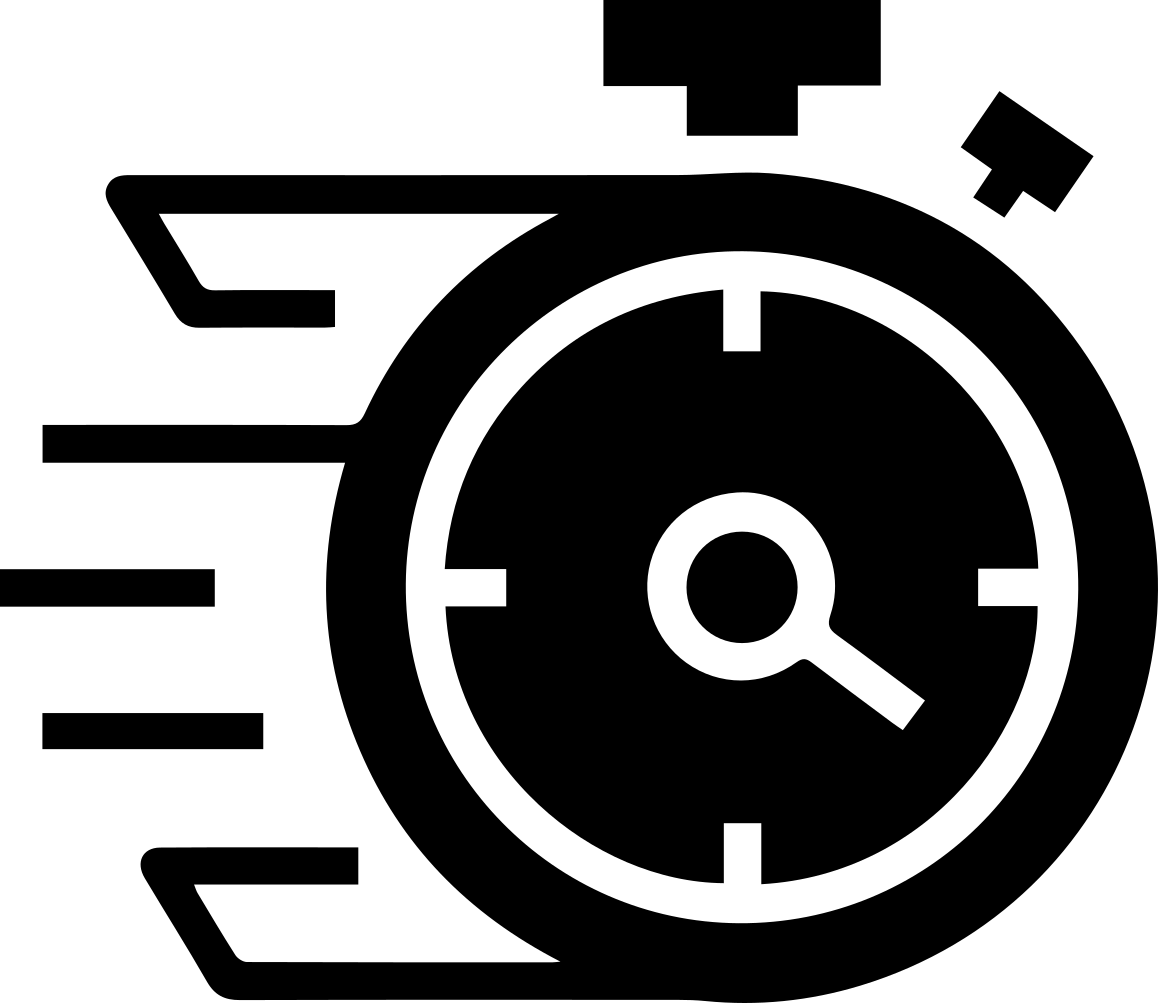
Fast Closing
Sell your home in 7 days or on your timeline! We buy homes fast.

No Obligations
Take it or leave it. Our free cash offers come with no obligations.

Hassle Free
No agents. No inspection. No delays. We buy real estate as-is for cash!
Can I Sell A Fire-Damaged House In Dallas?
Although selling a fire-damaged house in Dallas is possible, it comes with its own set of challenges. The market value of the property is likely to be affected by the damage caused by the fire. This means that selling at a desirable price may be difficult. Additionally, potential buyers may be more inquisitive and cautious when considering such properties.
When selling your fire-damaged house in Dallas, you can either restore it or sell it as-is. If you decide to restore the property, you may face high repair costs and a lengthy rebuilding process. On the other hand, selling as-is can save you time and money, but may result in a lower selling price. Regardless of your decision, honesty about the damage and required repairs is critical.
Sell Fire Damaged House Dallas!
If a simple home sale that closes on your schedule sounds like what you need, come check us out. You can request a free quote for your house by filling out our form below!
We’ll Give You A No Pressure As-Is Cash Offer in 24 Hours
We’re Local, Can Close in 10 Days, Fast Cash
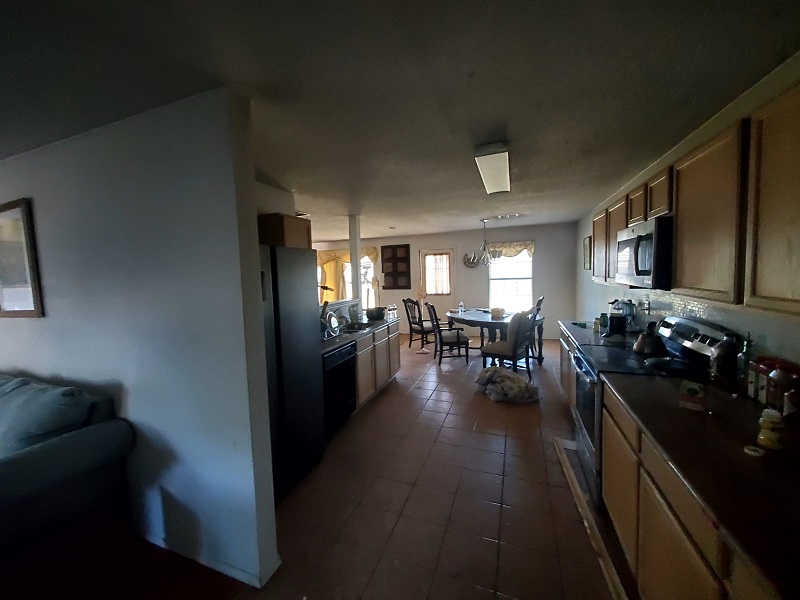
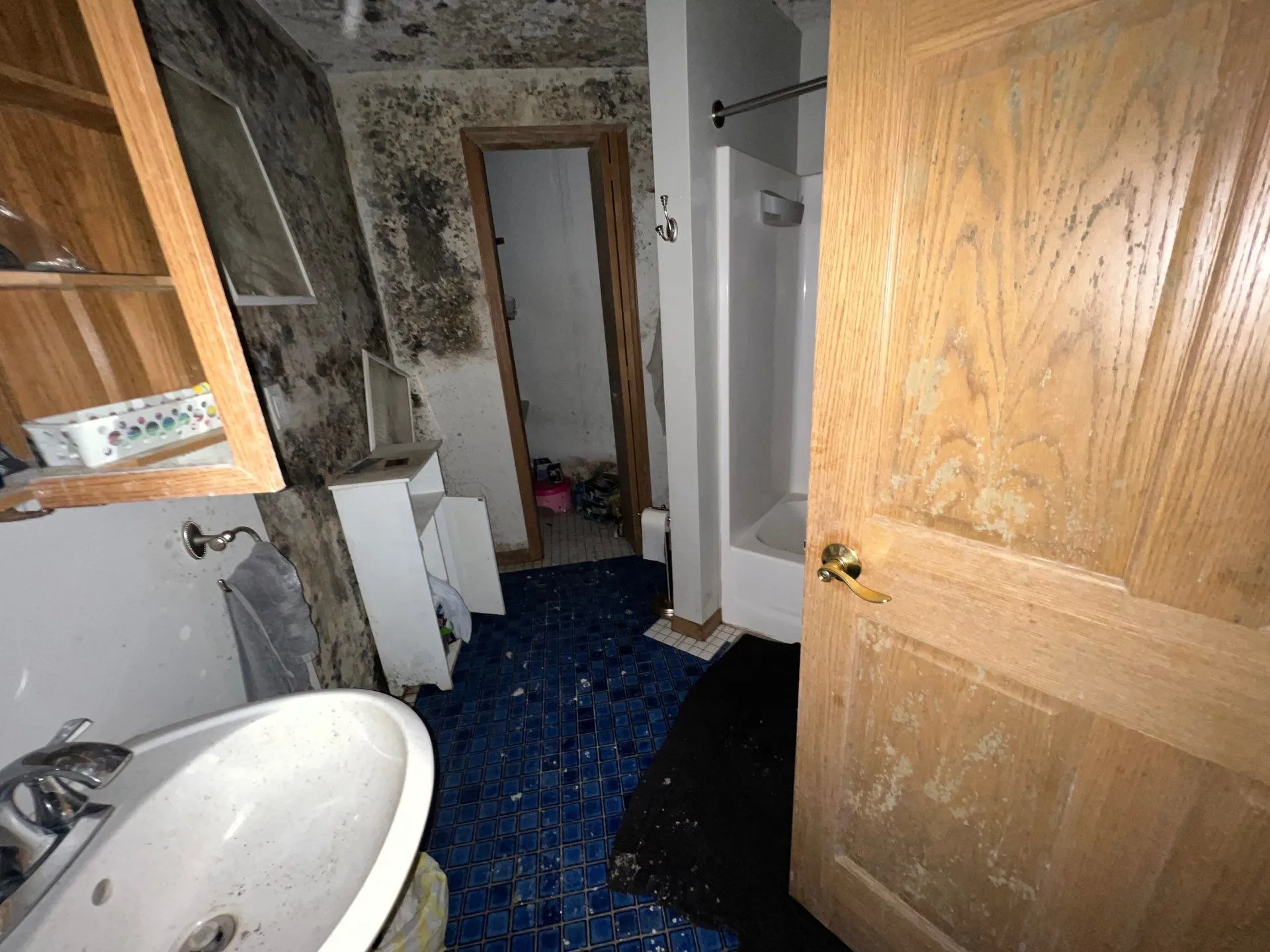
Dallas is served by a robust fire-rescue department, reflecting the city’s size and public safety needs. If you’re curious about how many fire stations operate within Dallas, here’s a clear and up-to-date answer based on authoritative sources.
Dallas Fire-Rescue Department (59 Fire Stations)
The Dallas Fire-Rescue Department operates 59 fire stations throughout the city. This number is confirmed by both the department’s official overview and detailed listings of station addresses. The extensive network of stations allows the department to serve approximately 1.6 million residents across diverse neighborhoods, including coverage for two airports, major highways, and high-rise districts. This makes Dallas Fire-Rescue the second-largest fire department in Texas by station count. The main advantage of this large number of stations is rapid response capability citywide, though maintaining such a broad infrastructure also presents logistical and operational challenges.
Fire Restoration Cost in Dallas
Average Cost Range
- The average cost for fire and smoke damage restoration in Dallas is similar to national figures, with most homeowners paying around $20,470 for restoration services.
- Typical costs range from $2,900 to $38,325 depending on the extent and severity of the damage.
- Minor fire restoration projects can cost as little as $200, while major, whole-home restorations can reach up to $42,665 or more.
Cost Per Square Foot
- Restoration costs generally fall between $4.00 and $6.50 per square foot.
- For example:
- 1,000 sq. ft. home: $4,250 – $6,500
- 2,500 sq. ft. home: $10,625 – $16,250
- 4,000 sq. ft. home: $17,000 – $26,000
Additional Factors Affecting Cost
- Extent of Damage: Larger or more severely damaged properties cost more to restore.
- Type of Damage: Water damage from firefighting, smoke and soot cleanup, and structural repairs all add to the total.
- Structural Restoration: Major repairs (e.g., walls, ceilings, supports) can cost $15,000–$25,000 per room for severe damage.
- Smoke and Soot Cleanup: Ranges from $2,000–$6,000 depending on the type and spread of residue.
- Special Treatments: Ozone or thermal fogging to remove odors can add $400–$1,800 to the bill.
Insurance and Professional Help
- Most homeowners’ insurance policies cover fire and smoke restoration, but it’s essential to document all damage and work with your insurer for reimbursement.
- Professional restoration is highly recommended due to the complexity and health risks involved.
The cost to build a new construction home in Dallas varies widely based on location, home size, design, materials, and level of customization. Here’s a detailed breakdown based on the latest 2025 data:
Typical Cost Per Square Foot
- Entry-level homes: $150–$180 per sq. ft.
- Mid-range homes: $180–$250 per sq. ft.
- Luxury/custom homes: $250–$500 per sq. ft.
Additional Costs
- Land: $29,800 per acre (average in Dallas)
- Permits & Inspections: $5,000–$15,000
- Upgrades & Custom Features: Can add 10–20% to the base price
- HOA Fees (if applicable): $50–$300/month
- Closing Costs: 2–5% of home price
Key Factors Affecting Cost
- Location within Dallas: Prime neighborhoods (e.g., Frisco, Plano, Southlake) are more expensive.
- Builder reputation and quality: Custom/luxury builders charge more for premium finishes and design.
- Material & labor costs: Ongoing increases in construction and supply chain costs.
- Home size and layout: Larger and more complex homes cost more per square foot.
The Dallas real estate market remains one of the strongest and most resilient in the country as of spring 2025. Here’s a comprehensive overview of current trends, prices, and what buyers, sellers, and investors can expect:
Market Performance and Trends
- Stability and Growth: Despite national slowdowns in 2024, Dallas-Fort Worth (DFW) has defied the trend, maintaining stable transaction levels and even seeing price increases in some neighborhoods. Dallas proper posted price increases of up to 8% year-over-year, while a few areas like Irving saw modest declines around 5%.
- Population and Economic Drivers: The region’s robust population growth (adding nearly 178,000 residents in 2023–2024) and a surge in corporate investments are fueling ongoing demand for both residential and commercial real estate. Collin County, in particular, is among the fastest-growing in Texas.
- Inventory and Buyer Power: Inventory levels are rising in certain neighborhoods, leading to more balanced conditions. Areas like Oak Cliff and Northwest Dallas are trending toward buyer’s markets, with inventory approaching or surpassing the 5–6 month equilibrium. In these areas, buyers have more negotiating power and can expect more options and potential price reductions as we move deeper into the spring and summer3.
Home Prices and Sales Activity
- Average Sale Price: The average sale price for a home in Dallas was around $692,000 in March 2025, up nearly 4% year-over-year. Most neighborhoods saw stable or rising prices, with only a few experiencing slight declines due to increased inventory3.
- Neighborhood Variations:
- Price appreciation and strong demand are evident in Far North Dallas, East Dallas, and Lake Highlands.
- Oak Cliff and Northwest Dallas are seeing increased inventory and some downward pressure on prices, giving buyers more leverage3.
- Sales Volume: Closed home sales in Dallas were down 4% year-over-year in March 2025, but some neighborhoods like Far North Dallas saw a 21% increase in sales, while others experienced declines or flat activity3.
Market Dynamics
- Seller’s Market with Balance: Dallas is still technically a seller’s market with 4.1 months of inventory, but conditions are more balanced than in previous years. Homes are selling at 94–97% of their original asking price, indicating sellers are generally pricing realistically and buyers are not finding widespread deep discounts3.
- Days on Market: On average, homes took 48 days to go under contract in March 2025, a slight increase from the previous year, reflecting the more balanced environment3.
Forecast and Outlook
- Modest Price Growth Expected: Home prices in DFW are forecast to appreciate by 3–5% in 2025, with continued demand driven by job growth, corporate relocations, and relative affordability compared to coastal markets.
- Interest Rates: Mortgage rates are stabilizing in the 6–7% range for 30-year fixed loans, which is higher than pandemic-era lows but still manageable for many buyers in the region.
- New Construction and Rental Market: Inventory is expected to improve with new construction, particularly in suburban and emerging areas. The rental market remains strong, with rents projected to rise 5–7% in 2025.
Dallas is rich with attractions that showcase its vibrant history, culture, and natural beauty. Whether you’re interested in iconic landmarks, scenic parks, or cultural institutions, Dallas offers a diverse array of well-known sites to explore.
Some of Dallas’s Most Noted Attractions:
1. Reunion Tower
An iconic observation deck offering breathtaking 360-degree views of the Dallas skyline, especially stunning at sunset. It’s a must-visit for panoramic city vistas and skyline dining experiences.
2. Dallas Arboretum and Botanical Garden
A sprawling 66-acre lakeside garden set on White Rock Lake, renowned for its vibrant floral displays, seasonal events, and family-friendly activities. It’s perfect for outdoor lovers and those seeking tranquility amid nature.
3. Dallas Zoo
Texas’s largest and oldest zoo, home to over 2,000 animals across 106 acres. It features a renowned children’s area, a carousel, and a mini-train, making it ideal for family outings.
4.Dealey Plaza and Sixth Floor Museum
A historic site marking the location of President John F. Kennedy’s assassination, with exhibits that delve into that pivotal moment in American history.
5. Reunion Tower GeO-Deck
An architectural landmark with a rotating observation deck that provides spectacular city views, especially at sunset.
6. Dallas Museum of Art
A cultural hub housing an extensive collection of global art, sculptures, and special exhibits, perfect for art enthusiasts.
7. Klyde Warren Park
An urban green space atop a freeway, featuring gardens, playgrounds, food trucks, and lively community events—an ideal spot for relaxation and entertainment.
8. White Rock Lake
A scenic urban oasis offering hiking, biking, kayaking, bird-watching, and picnicking, popular among locals and visitors alike.
9. Giant Cattle Sculptures & Pioneer Plaza
Celebrating Dallas’s cowboy heritage, these larger-than-life bronze sculptures are a favorite photo spot and cultural symbol.
10. Dallas World Aquarium
A tropical-themed aquarium with diverse aquatic life, exotic birds, and interactive exhibits, great for family fun.
Dallas is a city of diverse and distinct neighborhoods, each offering its own character, lifestyle, and amenities. Here are some of the most well-known neighborhoods in Dallas, spanning everything from luxury enclaves to vibrant arts districts and historic communities:
Prominent Dallas Neighborhoods
- Highland Park
Known for luxury living, top-rated schools, and grand homes. It’s one of Dallas’s most affluent and prestigious neighborhoods, ideal for families seeking exclusivity and excellent amenities.
- Uptown Dallas
A trendy, walkable area popular with young professionals. Uptown features vibrant nightlife, restaurants, boutique shopping, and is considered one of the safest and most dynamic neighborhoods in the city.
- Lakewood
Family-friendly with scenic views and access to White Rock Lake. Lakewood is known for its laid-back vibe, outdoor recreation, and historic homes.
- Bishop Arts District / Oak Cliff
An eclectic, artsy neighborhood with historic charm. The Bishop Arts District is famous for its independent shops, galleries, and diverse dining, while Oak Cliff boasts historic homes and a creative spirit.
- Deep Ellum
Renowned for its music and arts scene, Deep Ellum is a lively, creative neighborhood filled with street art, live music venues, and trendy cafes.
- Preston Hollow
An exclusive, quiet neighborhood with large estates and tree-lined streets. It’s popular among wealthy families and retirees seeking privacy and luxury.
- Knox-Henderson
A lively area blending urban and suburban vibes, known for its bars, restaurants, and boutique shopping. It’s especially popular with young professionals.
- Design District
A fashionable, arts-focused neighborhood known for galleries, showrooms, and upscale dining. It attracts creatives and design enthusiasts.
- Oak Lawn
Diverse and inclusive, Oak Lawn is recognized as Dallas’s “Gayborhood” and is celebrated for its cultural events, nightlife, and welcoming community.
- Lake Highlands
A family-oriented neighborhood with excellent schools and a growing food scene, making it a favorite for those seeking a suburban feel within the city.
- Far North Dallas
Spacious and family-friendly, this area offers excellent schools and a suburban lifestyle with easy access to city amenities.
- Swiss Avenue Historic District
Noted for its historic homes and tree-lined streets, this district offers a glimpse into Dallas’s architectural past.
- Turtle Creek
A scenic, forested neighborhood with luxury high-rises, parks, and proximity to the Katy Trail.
- Downtown Dallas
The city’s urban core, featuring high-rise living, major employers, arts venues, and historic landmarks.
Expert Tips to Sell My Fire-Damaged House in Dallas Fast
Fire damage can transform a cherished Dallas home into an overwhelming challenge overnight. The path forward might seem uncertain, but Dallas homeowners have multiple viable options for selling their fire-damaged properties.
From working with specialized cash buyers to exploring traditional market sales, each approach offers distinct advantages based on your specific situation and timeline.
Understanding the full scope of your options starts with proper damage assessment and documentation. Your property’s current condition, insurance considerations, and local market factors all play crucial roles in determining the best path forward.
Dallas law provides specific frameworks for selling damaged properties, while various buyer categories – from investors to traditional homebuyers – represent different opportunities for maximizing your sale value.
The journey from fire damage to successful sale requires careful navigation of insurance claims, property evaluations, and strategic pricing decisions. Whether you choose to repair before selling or offer your property as-is, Dallas’s robust real estate market provides multiple pathways to transform this challenge into an opportunity for a fresh start.
By understanding your rights, responsibilities, and available options in the Dallas market, you can make informed decisions that align with your circumstances and goals.
Immediate Actions After Fire Damage
Fire damage to your Dallas home can feel overwhelming, but I’ve learned through helping numerous homeowners that taking quick, strategic action makes all the difference. Let’s walk through the essential steps that’ll help protect both your safety and your property’s value.
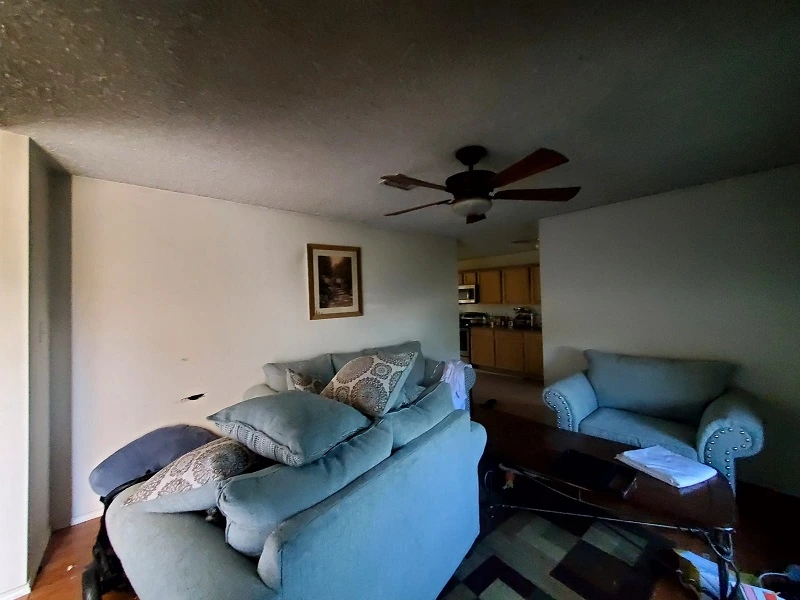
Safety Assessment and Documentation
Your safety comes first, period. Never enter your property until fire department officials give you the green light. Once they do, grab your phone or camera – you’ll want to document everything.
I always recommend taking both photos and videos of every damaged area, no matter how minor it seems. This thorough documentation isn’t just for insurance; it builds trust with potential buyers by showing complete transparency about the property’s condition.
Insurance Company Communication
Pick up that phone and call your insurance provider right away – ideally within 24 hours of the fire being contained. Your insurance company will send an adjuster to check things out and figure out what’s covered. Here’s a pro tip I’ve learned: create a dedicated folder (physical or digital) for all insurance-related items:
•Email correspondence
•Phone call logs with dates and times
•Notes from in-person meetings
•Copies of any submitted documents
This organized approach creates a clear paper trail that proves invaluable when discussing your property with potential buyers or investors.
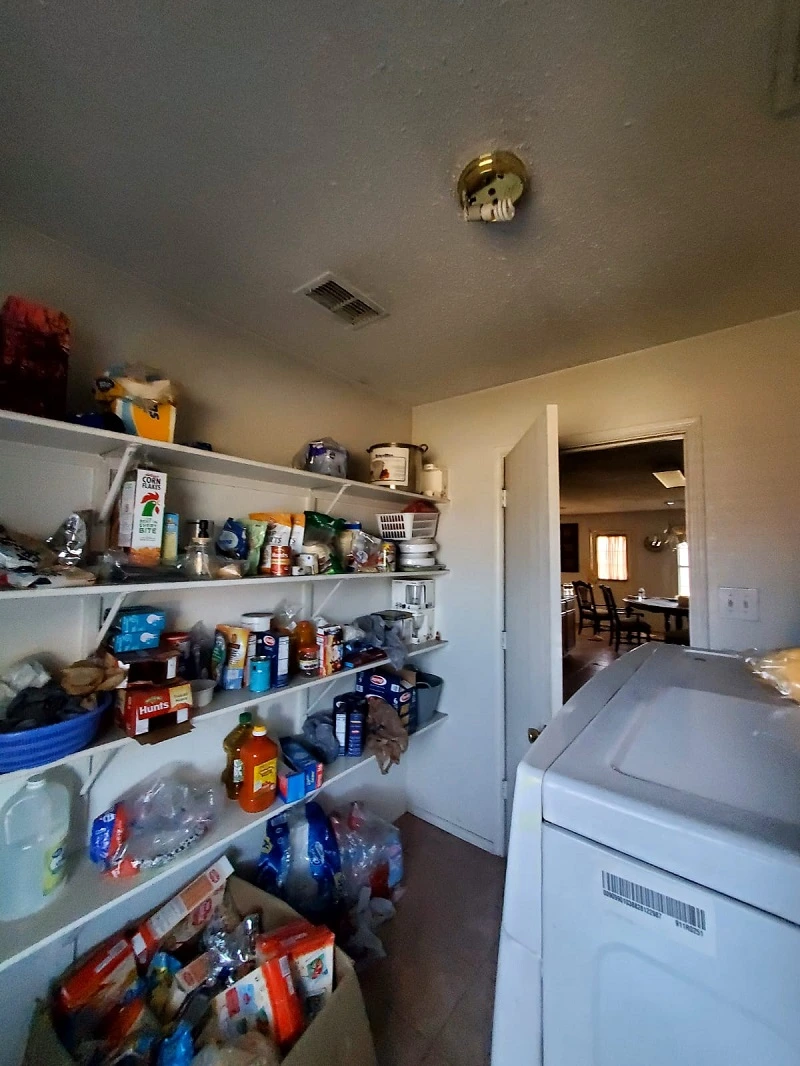
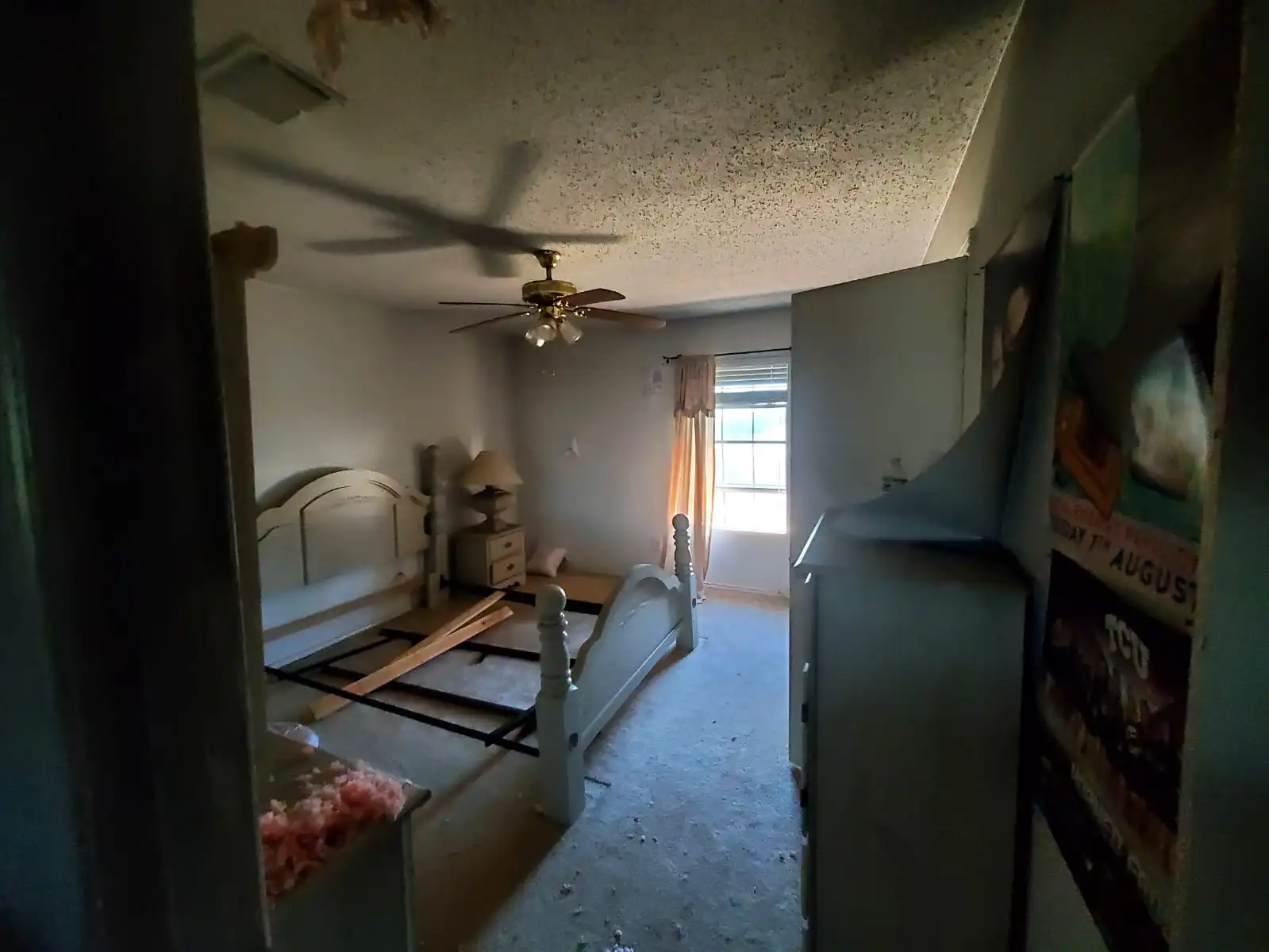
Temporary Living Arrangements
Finding a safe place to stay might feel like a hassle, but it’s crucial for your well-being. Many insurance policies include temporary housing coverage – something I’ve seen many homeowners overlook in the stress of the moment. Take time to review your policy or ask your insurance agent about:
• Hotel accommodation coverage
• Rental property allowances
• Duration of temporary housing benefits
• Additional living expense coverage
Having stable temporary housing gives you the mental space to make clear-headed decisions about your property’s future.
Professional Damage Evaluation
Getting a professional assessment isn’t just helpful – it’s essential. I’ve seen how a qualified inspector’s evaluation can make or break a property sale. They’ll examine:
• Structural integrity
• Electrical system damage
• Hidden damage behind walls
• Smoke and soot penetration
• Water damage from firefighting
• Air quality concerns
This thorough evaluation becomes your roadmap, helping you:
• Understand repair costs and timelines
• Make informed decisions about selling as-is versus repairing
• Set realistic price expectations
•Build credibility with potential buyers through professional documentation
Remember, transparency about your property’s condition builds trust with potential buyers and can actually streamline the selling process, even with fire damage.
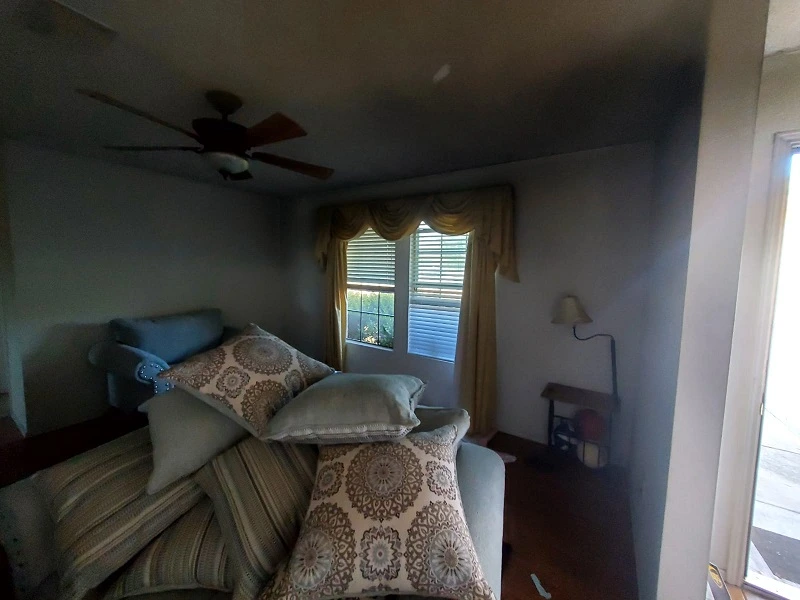
Property Value Considerations
Understanding how fire damage affects your property’s value is crucial for making informed decisions about selling your Dallas home. I’ve guided numerous homeowners through this challenging situation, and I’ll share what I’ve learned about the key factors that influence property worth.
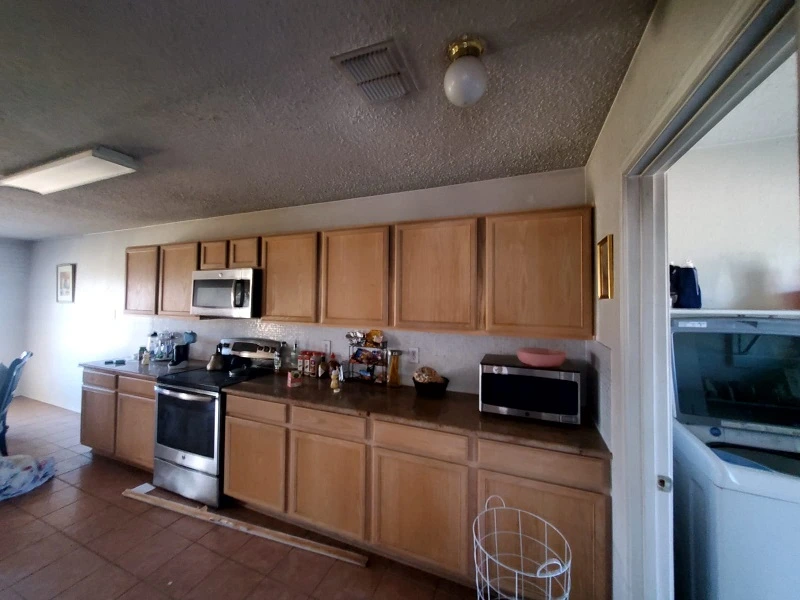
Impact of Fire Damage on Market Value
Fire damage typically reduces a property’s market value significantly. Through my experience in the Dallas real estate market, I’ve seen that even minor smoke damage can impact value by 10-15%, while severe structural damage might decrease it by 40% or more.
The good news? Many Dallas real estate investors and cash buyers actively seek these properties as investment opportunities. While this can work in your favor for a quick sale, keep in mind that your property might carry a stigma affecting future resale value, even after complete restoration.
Cost Analysis of Repairs
I always recommend getting a thorough cost analysis before deciding between selling as-is or investing in repairs. Here’s what you’ll typically need to budget for in Dallas:
• Structural repairs and rebuilding (often the most significant expense)
• Smoke and soot removal from all surfaces
• Water damage restoration from firefighting efforts
• Electrical system repairs or complete rewiring
• HVAC system cleaning or replacement
• Interior finish restoration (walls, floors, ceilings)
• Exterior repairs and cosmetic improvements
Getting at least three contractor estimates will give you a clear picture of repair costs versus potential returns. In my experience, this comparison often helps homeowners make confident decisions about their next steps.
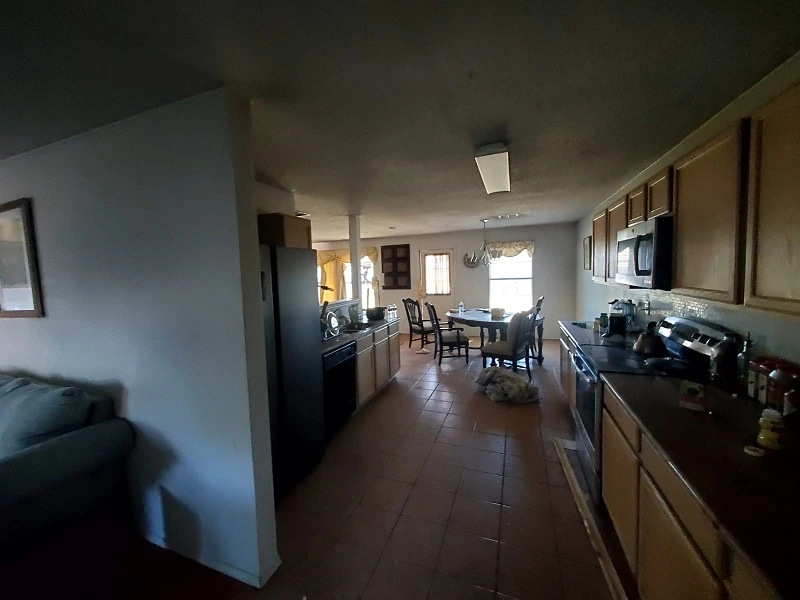
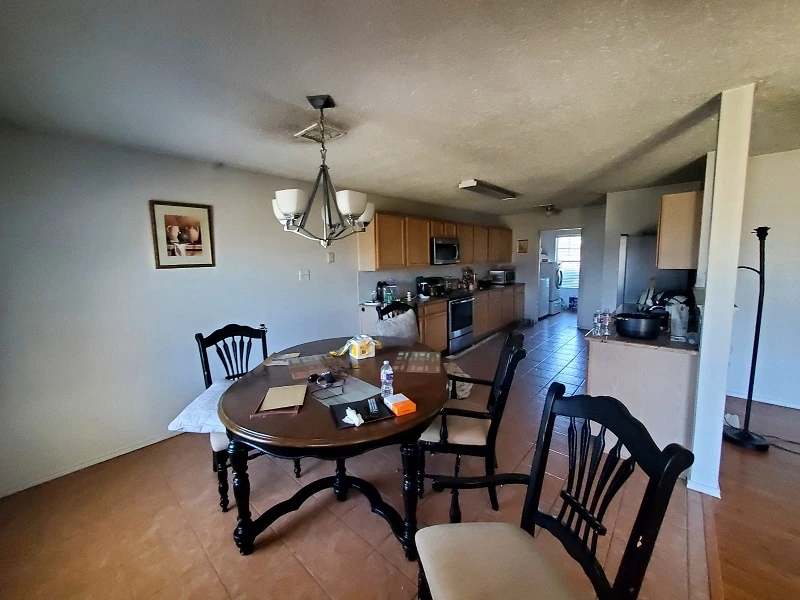
Property Tax Implications
Here’s something many homeowners don’t realize: fire damage can actually lead to temporary tax relief. Dallas tax assessors often assess property values based on significant damage, potentially reducing your tax burden while you work through this challenging situation.
I’ve seen various Dallas counties offer temporary reductions in property taxes during the repair period. Contact your local tax assessor’s office immediately after the fire – they’ll guide you through the reassessment process and potential tax adjustments.
Setting Realistic Price Expectations
When pricing your fire-damaged home, you’ll need to consider several key factors:
• Current property condition and damage extent
• Local Dallas market conditions
• Recent sales of similar damaged properties
• Estimated repair costs
• Land value separate from the structure
• Neighborhood comparable sales
Based on my work with Dallas real estate investors, most expect a 30-50% discount on fire-damaged properties compared to homes in good condition. While this might seem steep, remember that as-is sales typically close faster and eliminate repair headaches.
I recommend getting a professional appraisal specifically experienced with damaged properties. They’ll provide a detailed analysis considering all these factors, helping you set a realistic price that attracts serious buyers while protecting your interests.
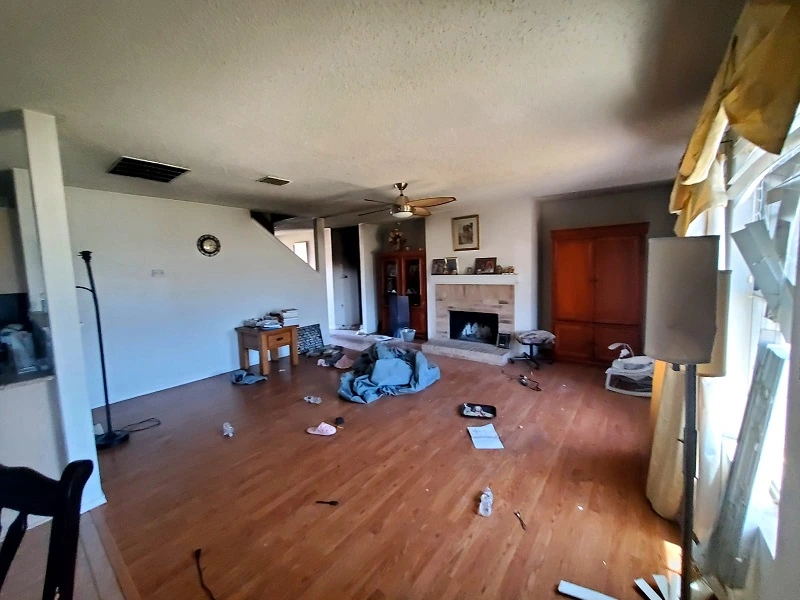
Selling Options In The Dallas Market
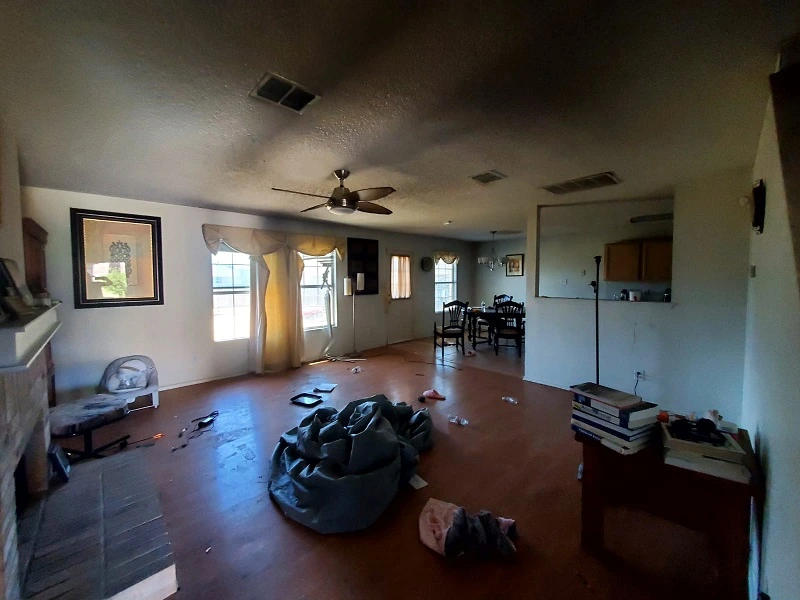
Cash Buyers And Real Estate Investors
From my experience working with fire-damaged properties, cash buyers and real estate investors often provide the most hassle-free solution. These buyers have become my go-to recommendation for homeowners who need a quick, straightforward sale.
Key benefits include:
• Lightning-fast closings (often within 7-14 days)
• Zero repair requirements or renovation costs
• No commission fees or closing expenses
• Streamlined paperwork process
• As-is purchase guarantees
• No property inspection requirements
I’ve noticed that Dallas has a particularly active investment community specializing in fire-damaged properties, making this an especially viable option for local homeowners.
Traditional Real Estate Market
If your property has minimal damage or you’ve already completed some repairs, the traditional real estate market might be your best bet. Working with a licensed Dallas real estate agent brings valuable expertise to your sale:
• Professional marketing campaigns targeting qualified buyers
• Expert negotiation support
• Thorough pricing analysis
•Proper handling of all required disclosures
• Access to the Multiple Listing Service (MLS)
While this route typically takes longer, I’ve seen properties with minor damage fetch impressive prices through traditional sales.
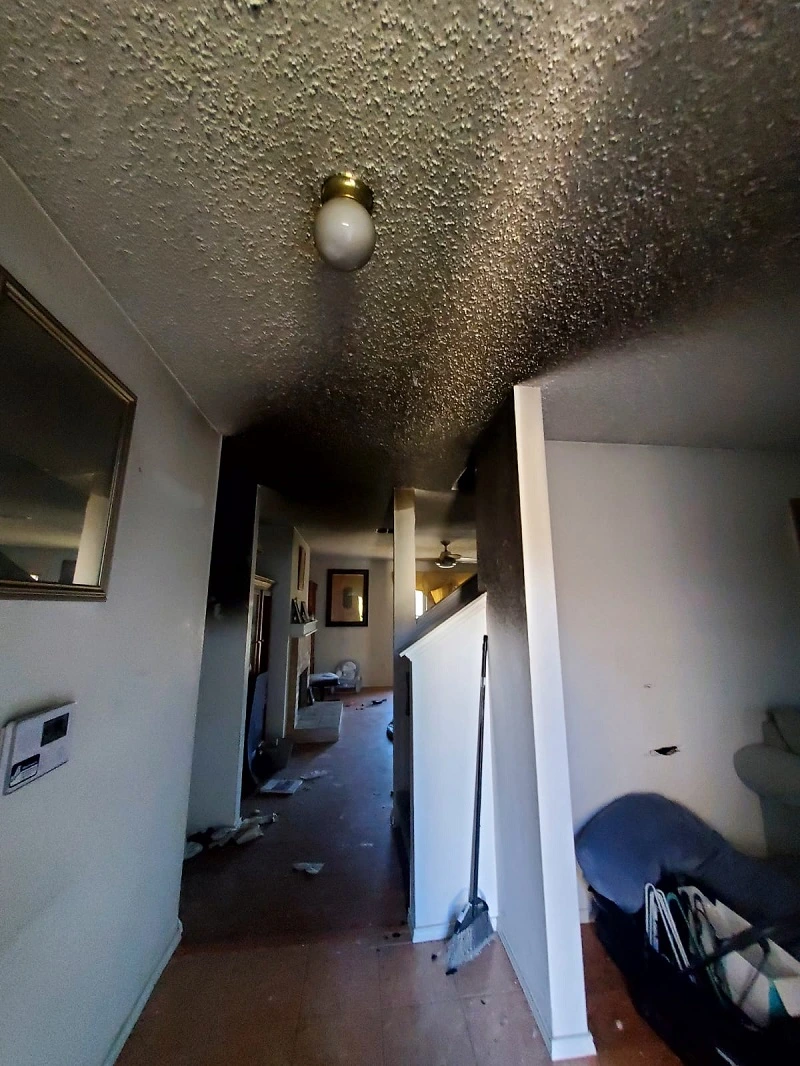
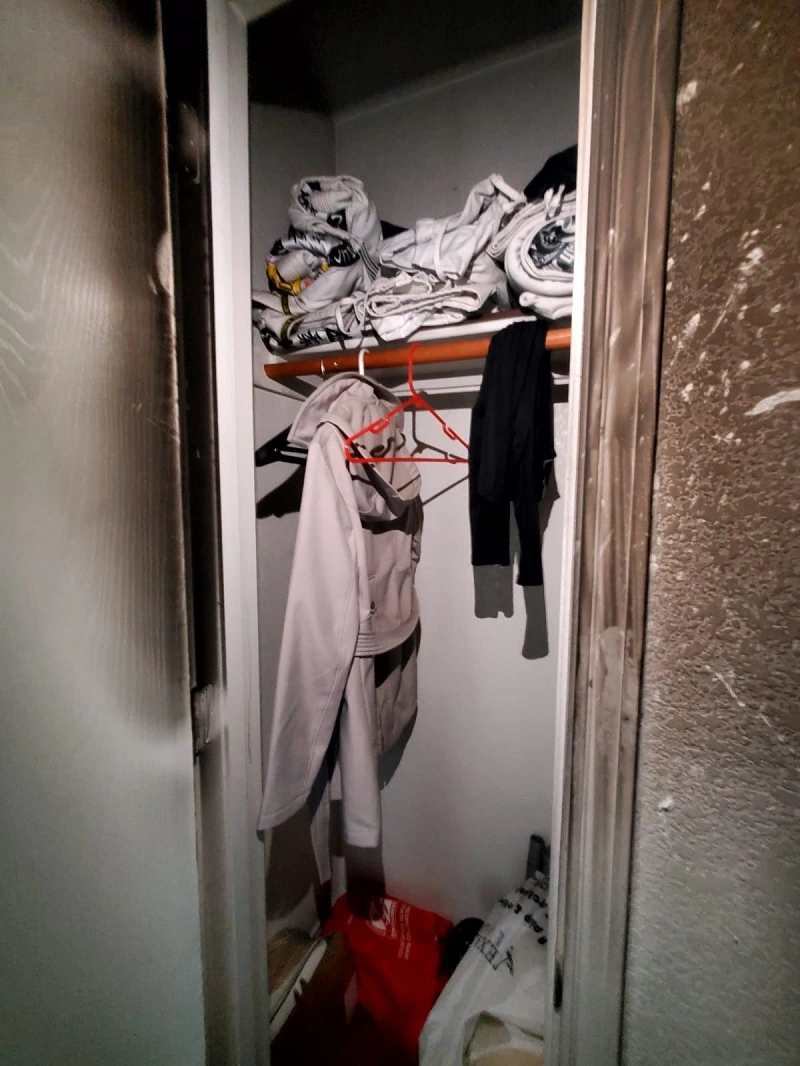
Auction Process
The auction method can create an exciting atmosphere of competition among buyers. I’ve witnessed successful auction sales that delivered these advantages:
• Clear-cut sales timeline
• Market-driven price discovery
• Minimal ongoing property expenses
• Immediate exposure to multiple qualified buyers
• Structured bidding process
Pro tip: The success of an auction largely depends on current market conditions and local investor activity, so timing can be crucial.
For Sale By Owner Approach
Taking control through a For Sale By Owner (FSBO) approach can work well for hands-on property owners. You’ll need to be comfortable managing:
• Property marketing and advertising
• Buyer showings and negotiations
• Legal documentation requirements
• Title company coordination
• Disclosure compliance
• Closing process management
I’ve seen savvy owners successfully handle FSBO sales, but it’s essential to understand that selling a fire-damaged property requires extra attention to documentation and disclosure details.
The Dallas market offers these diverse selling options to match different situations and comfort levels. Through my work with numerous fire-damaged properties, I’ve found that cash buyers and investors typically provide the smoothest transaction process, especially when owners prioritize speed and simplicity over maximum sale price.
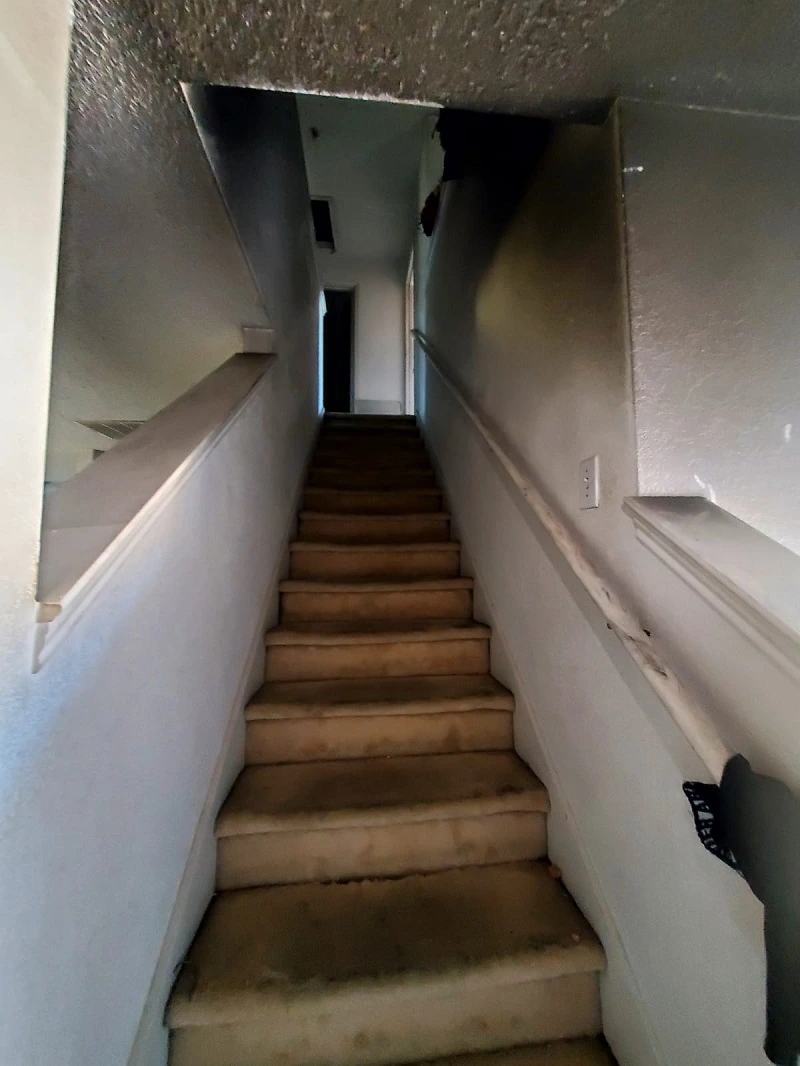
Legal Requirements And Obligations
Selling a fire-damaged house in Dallas reminds me of maneuvering through a complex maze – you need to know exactly where you’re going and what steps to take. I’ve helped many homeowners through this process, and I can tell you that understanding these requirements is crucial for protecting yourself and creating a smooth transaction.
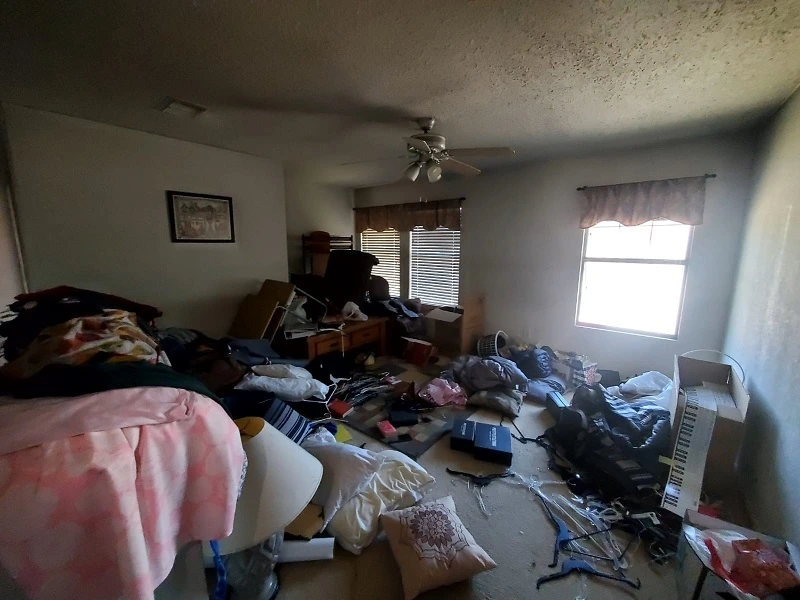
Dallas Disclosure Laws
Let me be clear about something I’ve learned from experience: Dallas takes property disclosures very seriously, especially with fire damage. As a seller, you’ve got to put all your cards on the table. The Dallas Property Code requires you to:
• Disclose every bit of fire damage, even if it happened years ago
• Paint a clear picture of how extensive the damage was
• Share the complete story of repairs and restoration efforts
• Be upfront about any lingering issues from the fire
I’ve seen firsthand how being honest and transparent not only keeps you legally protected but also builds the kind of trust that leads to successful sales.
Required Documentation
Think of documentation as your safety net – it protects you and gives buyers peace of mind. Here’s what you’ll need to keep handy:
• Detailed fire department reports and incident records
• All insurance claim documents and related correspondence
• Written estimates and paid invoices for repairs
• Professional assessment reports from qualified experts
• Building permits and completion certificates
• Before-and-after photos documenting damage and repairs
I always recommend keeping these documents well-organized in a digital format. Trust me, you’ll be glad you did when potential buyers start asking questions.
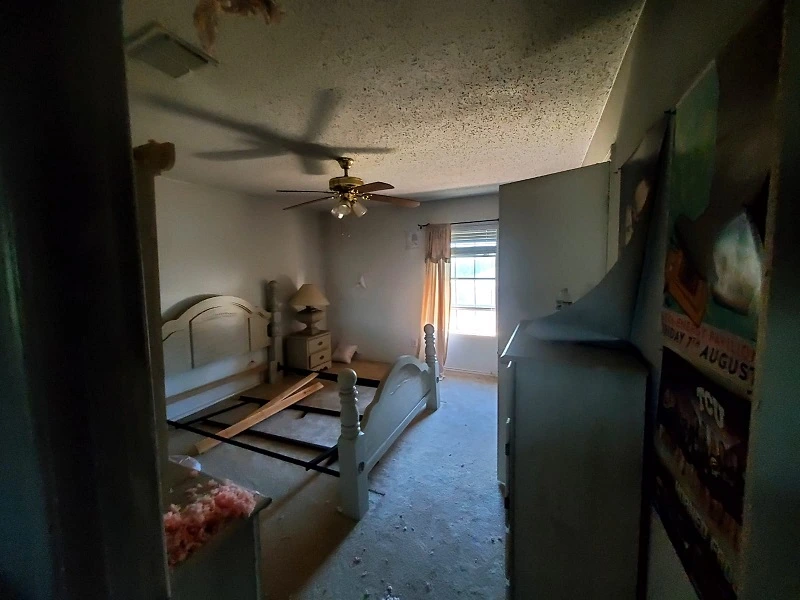
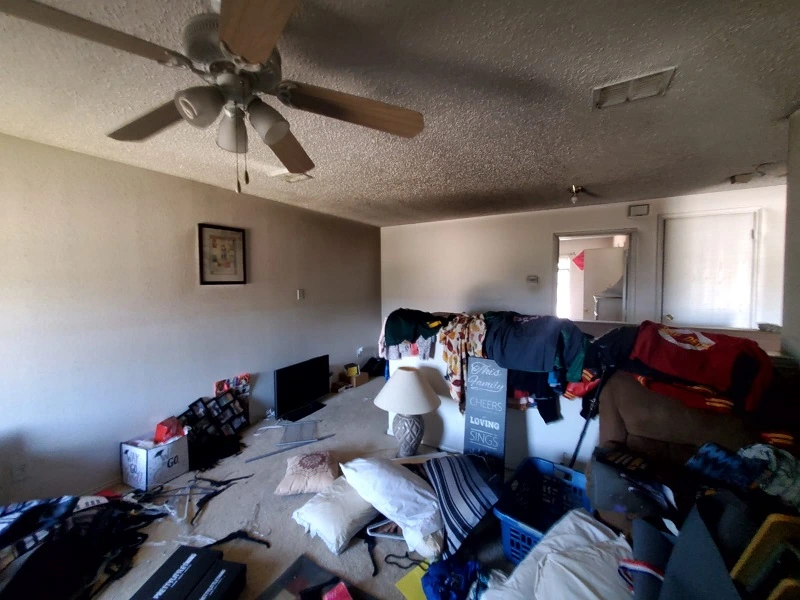
Insurance Claim Considerations
Having dealt with numerous insurance claims, I know that timing is everything when selling a fire-damaged property. You’ll need to tackle these essential elements:
• Complete and accurate filing of all insurance claims
• Clear understanding of how ongoing claims affect your sale
• Knowledge of insurance proceed transferability
•Strategic timing of settlements with your sale timeline
I’ve found that maintaining open communication with your insurance provider makes this process much smoother for everyone involved.
Property Inspection Requirements
While Dallas law doesn’t specifically mandate inspections for fire-damaged properties, I strongly recommend getting these key assessments:
• Detailed structural integrity evaluations
• Detailed electrical system safety checks
• Professional air quality analysis
• Thorough mold detection and documentation
• Complete building code compliance verification
These inspections do more than just protect you legally – they provide concrete evidence of your property’s condition and help justify your asking price. Plus, they give buyers the confidence to move forward with the purchase.
I’ve seen how meeting these legal requirements creates a foundation of trust that leads to successful sales. Working with experienced professionals who know Dallas property law inside and out can make all the difference in protecting your interests and closing the deal smoothly.
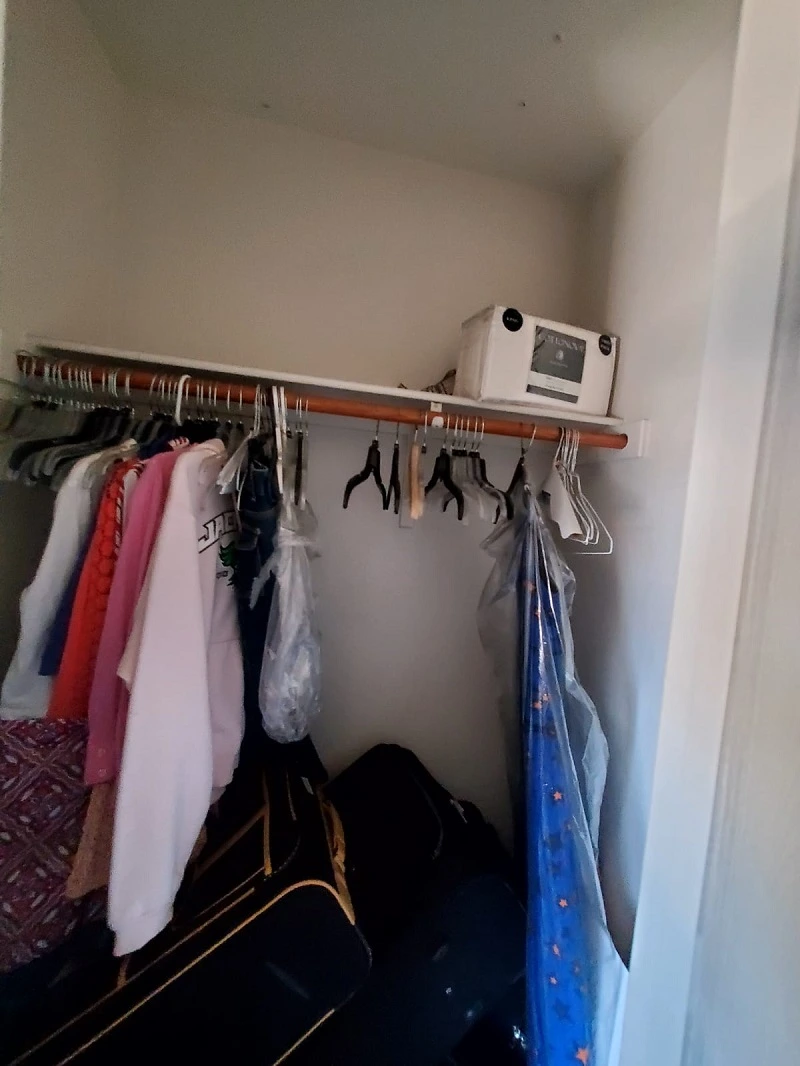
Making The Right Choice: Repair Or Sell As-Is
One of the most significant decisions you’ll face when dealing with a fire-damaged house in Dallas is whether to invest in repairs or sell the property as-is. I’ve helped numerous homeowners explore this challenging crossroad, and I can tell you firsthand that each situation requires careful consideration of multiple factors.
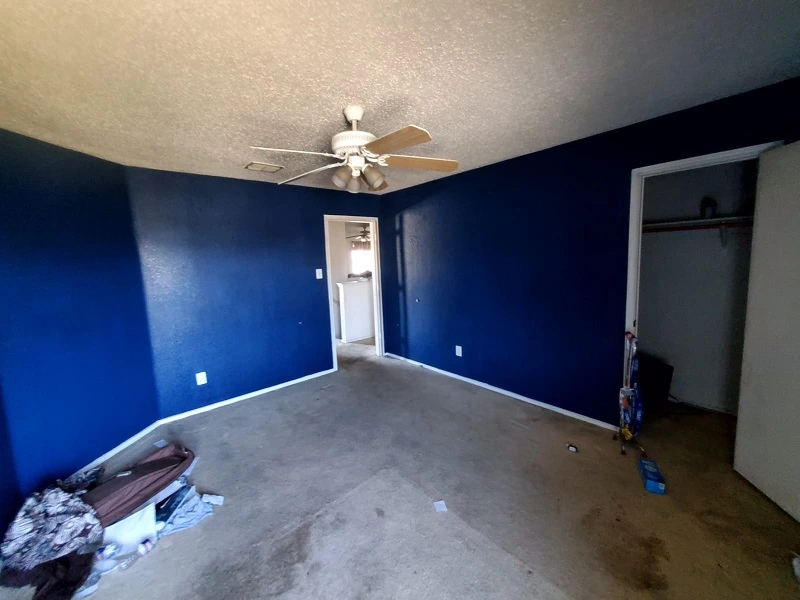
Cost-Benefit Analysis
Let me walk you through the essential financial considerations I’ve learned from years of experience. Start by getting a professional assessment of your fire damage to understand the full scope of repairs needed. Here’s what you’ll need to evaluate:
Immediate repair costs:
• Structural repairs
• Smoke damage remediation
• Water damage from firefighting efforts
• Electrical system replacement
• Potential mold remediation
Long-term financial impact:
• Post-repair property value
• Current as-is cash offers
• Insurance coverage and limitations
• Property tax ramifications
Timeline Considerations
Time can make or break your decision, and I’ve seen this play out repeatedly in the Dallas market. While selling as-is to a cash buyer typically wraps up within 2-3 weeks, repairs can stretch anywhere from 3-12 months, depending on damage severity and contractor availability.
Think about your immediate needs:
• Can you manage temporary housing during repairs?
• Are you able to handle mortgage payments while • the property sits vacant?
• Do you have the bandwidth to oversee a renovation project?
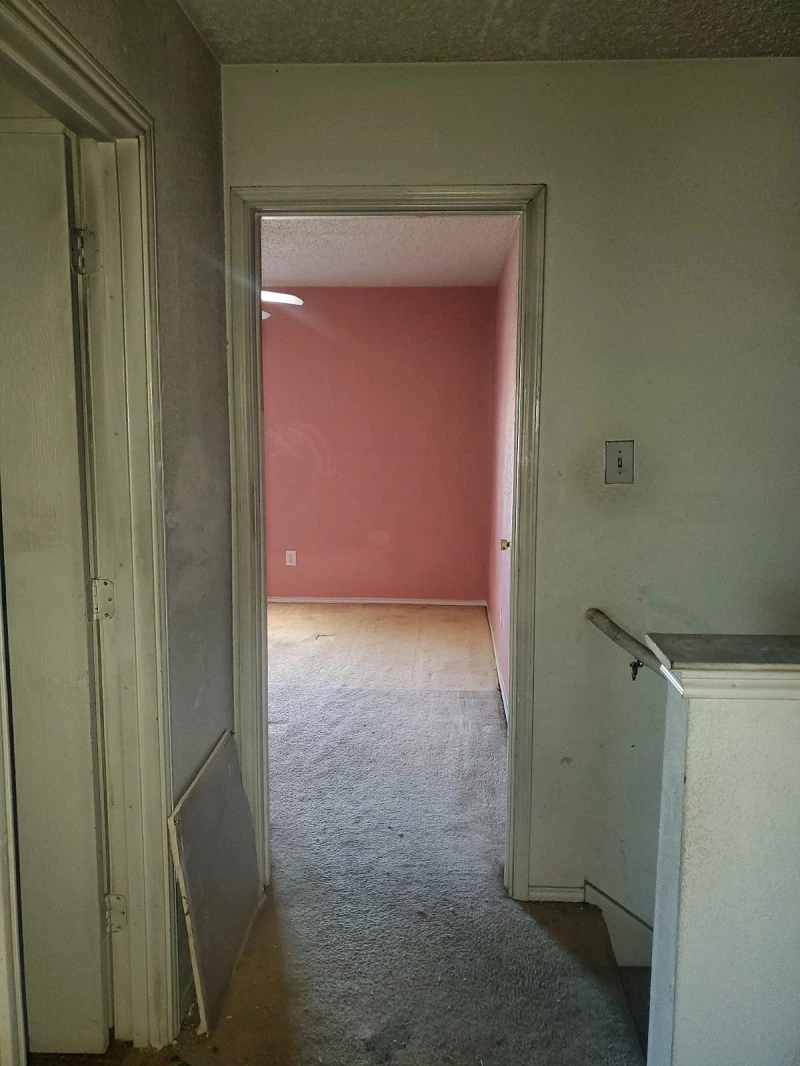
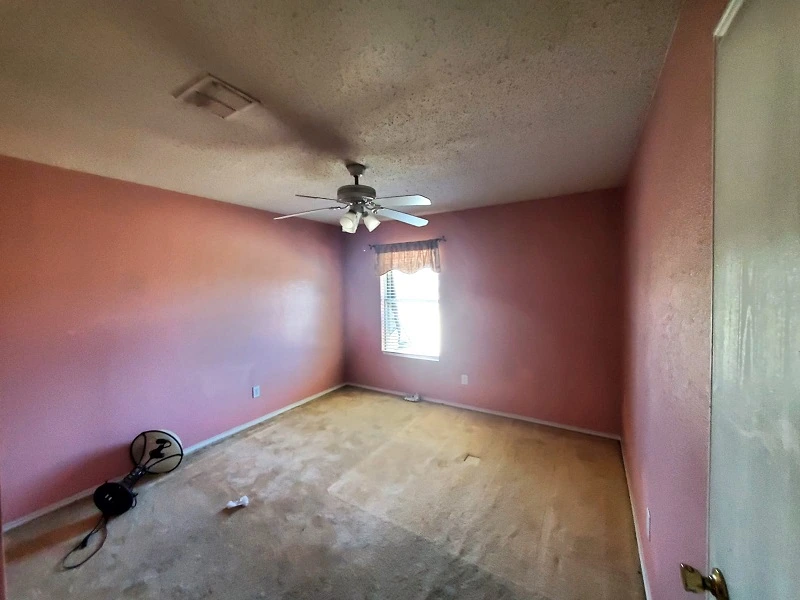
Market Conditions Impact
The Dallas real estate market’s current state will significantly influence your decision’s financial outcome. I’ve noticed that strong seller’s markets often justify repair investments, as buyers compete more aggressively for move-in-ready homes.
Key market factors to consider:
• Local property values and trends
• Investor activity in your area
• Comparable sales of both renovated and as-is properties
• Construction costs and contractor availability
• Seasonal market fluctuations
Family Circumstances Factor
Your personal situation plays a crucial role in this decision, and I’ve seen how family needs often outweigh purely financial considerations. Take a moment to evaluate:
Immediate priorities:
Current financial stability
Emergency fund availability
Alternative housing options
Family’s emotional attachment to the home
Long-term considerations:
Future housing plans
Investment goals
Community ties
Children’s school situations
Work commute impact
The emotional and practical aspects of your decision deserve equal attention. From my experience, some families find tremendous relief in a quick as-is sale, while others gain satisfaction from rebuilding their beloved home. Both choices are valid, depending on your specific circumstances.
Remember, you’re not just making a financial decision – you’re choosing the best path forward for your family’s well-being. Take time to gather quotes, consult with real estate professionals, and discuss options with your loved ones before making your final choice.
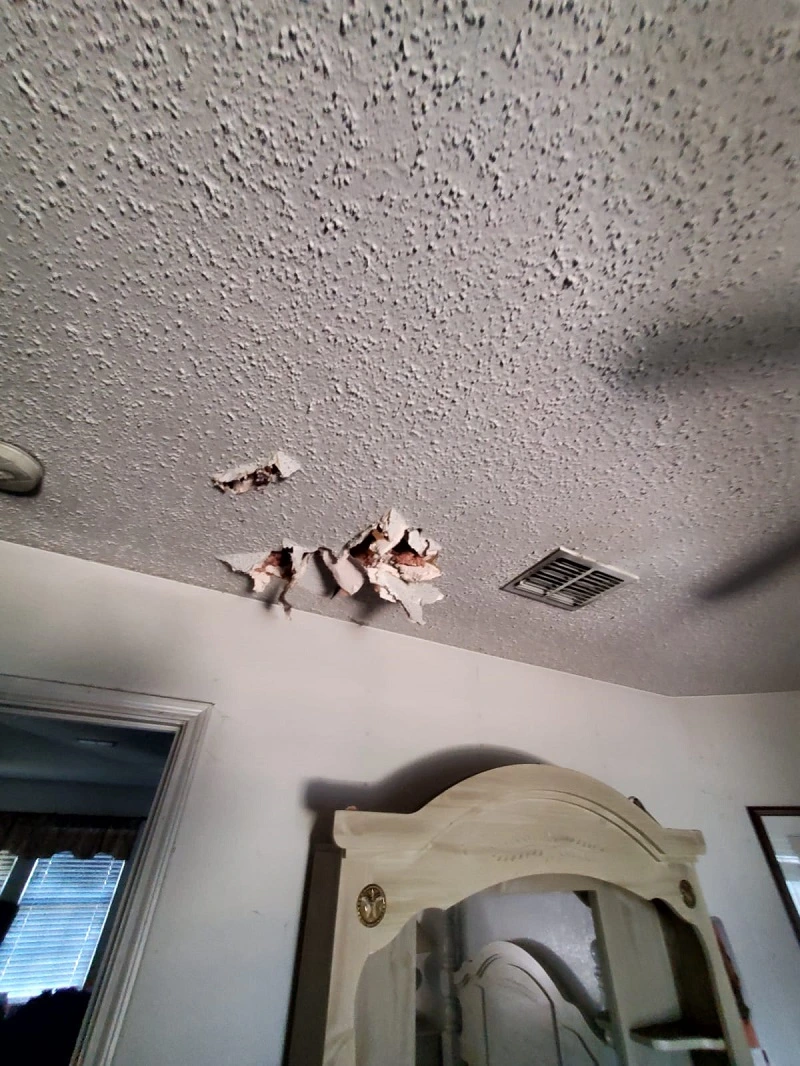
Steps To Maximize Sale Value
Even with fire damage, you can optimize your property’s sale value in the Dallas market. I’ve helped numerous homeowners handle this challenging situation, and I’ve found that a strategic approach to documentation, pricing, marketing, and negotiations consistently delivers the best results.
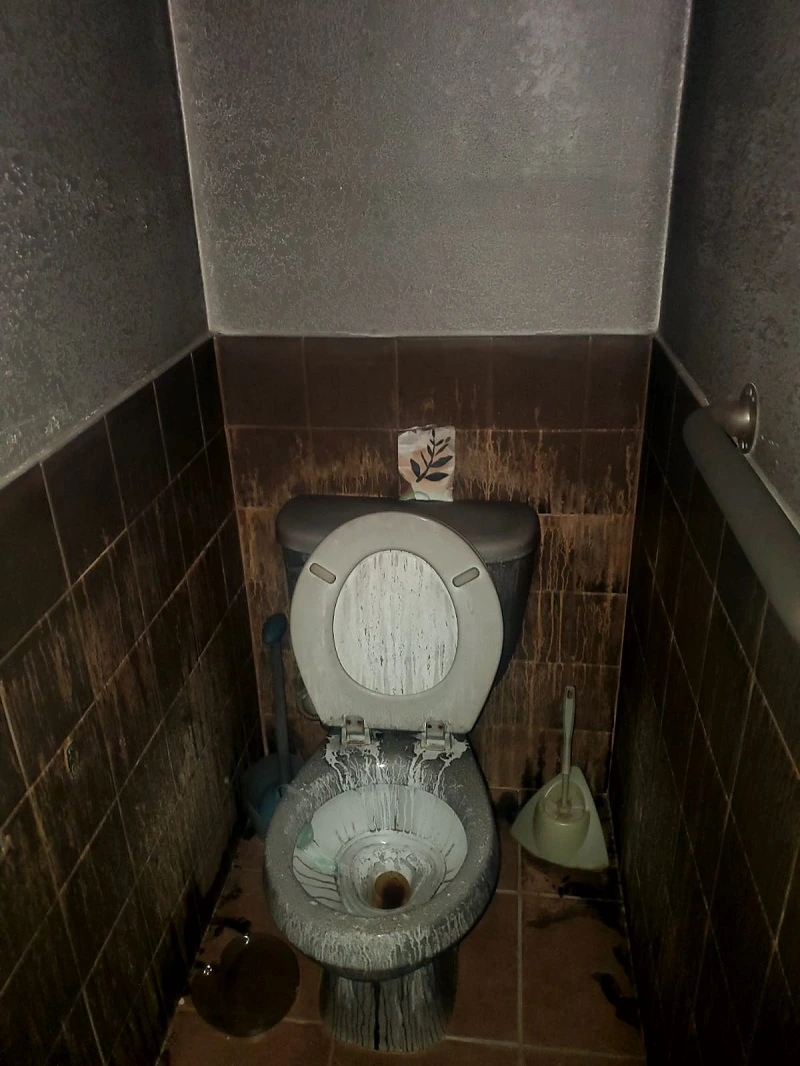
Professional Documentation
Creating thorough documentation is your ticket to maximizing value. Here’s what you’ll need to gather:
• Fire department incident reports
•Insurance claim documentation
•Professional damage assessments
• Detailed repair estimates from licensed contractors
• Photos of damage and any completed repairs
• Permits and inspection records
Having detailed records not only establishes credibility but also helps justify your asking price. Dallas law mandates full disclosure of fire damage, so maintaining organized documentation ensures both legal compliance and buyer confidence.
Strategic Price Setting
Setting the right price for your fire-damaged property isn’t just about numbers – it’s about understanding the market psychology. I’ve found that working with local real estate professionals who specialize in damaged properties can provide invaluable insights. Consider these key factors:
• Recent sales of similar damaged properties in your area
• Current market conditions and trends
• Property’s location and lot value
• Estimated renovation costs
• Potential return on investment for buyers
While investors and cash buyers typically expect a 20-30% discount, don’t rush to slash your price. The key is finding that sweet spot where serious buyers see value while protecting your financial interests.
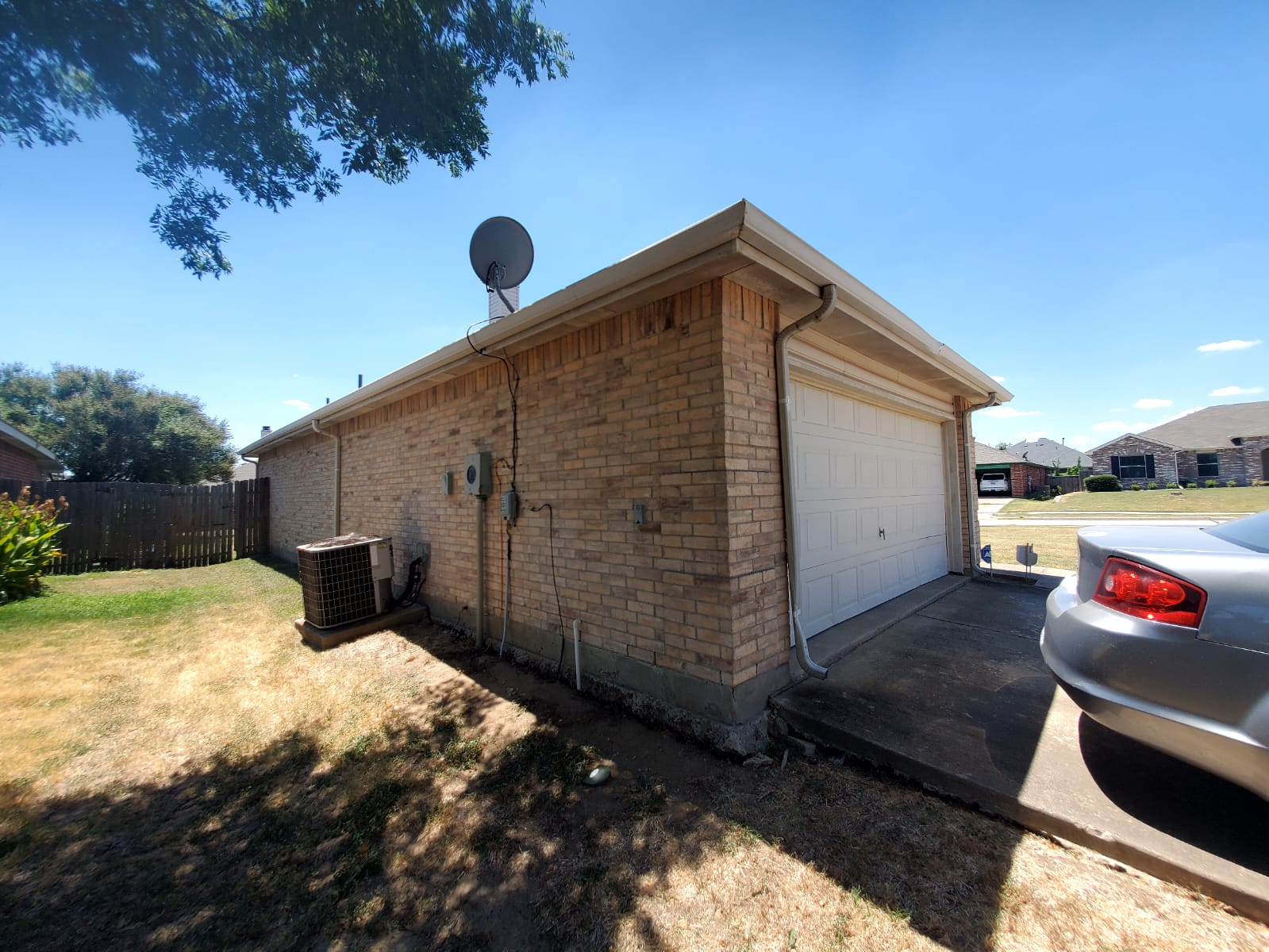

Effective Marketing Approaches
Marketing a fire-damaged house requires highlighting its hidden potential rather than dwelling on current conditions. Here’s what I’ve found works best:
• Focus on valuable features like location, lot size, and neighborhood amenities
• Create detailed property information packets with all documentation
• Use professional photography that honestly represents the condition
• Emphasize the property’s potential value after repairs
• Target marketing to investors and renovation specialists
• Showcase any unique architectural features that survived the damage
This transparent approach builds trust with potential buyers and often leads to stronger offers.
Negotiation Strategies
Knowledge and preparation are your best allies during negotiations. Having thorough documentation and understanding your property’s true value gives you a strong strategic edge. Here are proven negotiation tactics:
• Present clear pricing rationale backed by market data
• Stay adaptable on terms while remaining firm on essential value
• Consider creative solutions like flexible closing timelines
• Maintain multiple interested parties when possible
• Work with experienced professionals who understand damaged property sales
Be prepared to explain renovation potential and costs
Remember, successful negotiations often involve finding win-win solutions. I’ve seen many sellers achieve better-than-expected results by remaining patient and strategic throughout the process.
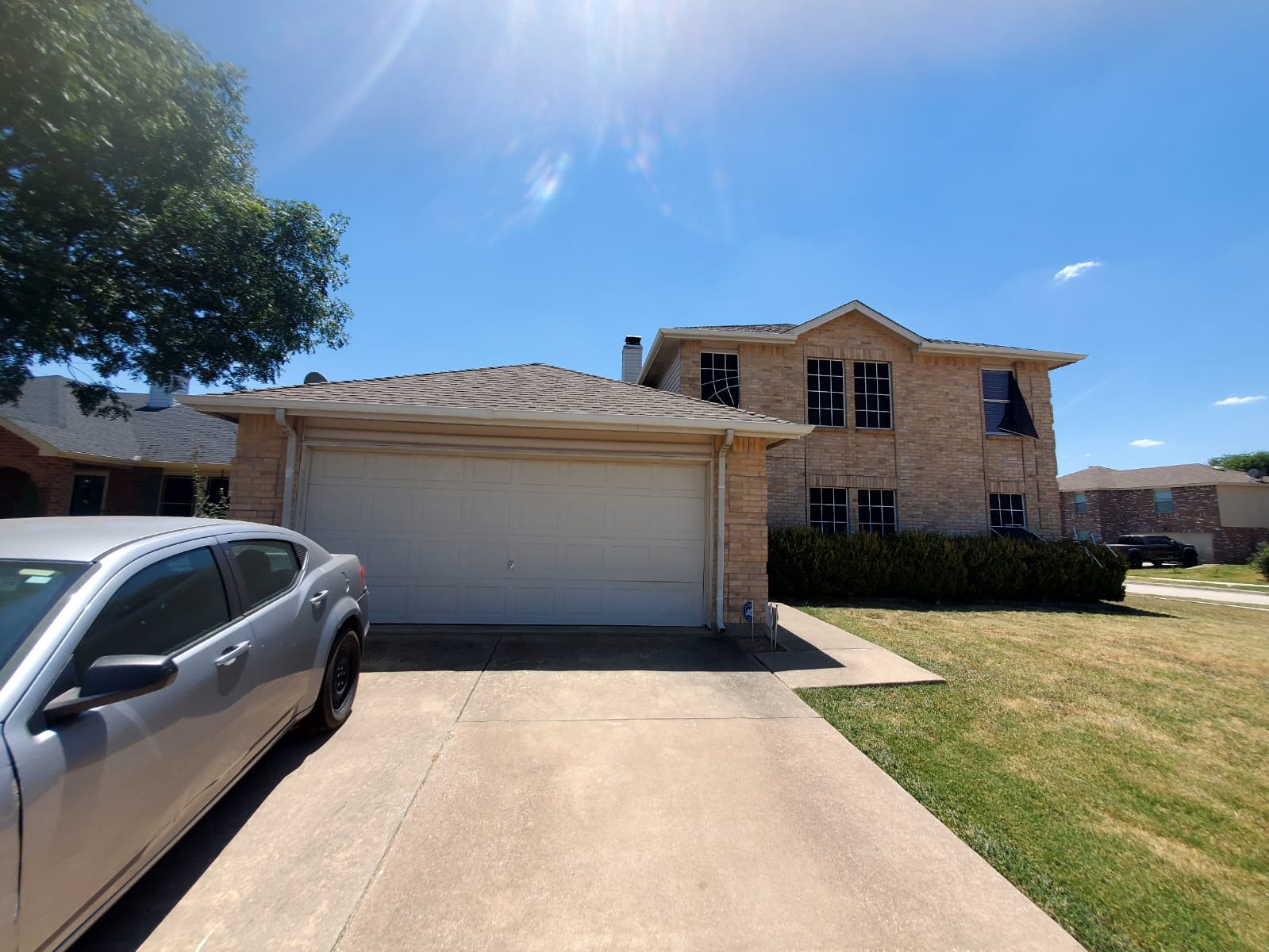
Frequently Asked Questions
I’ve seen various timelines in the Dallas real estate market, and it really comes down to your selling approach. Working with cash buyers or investors is lightning-fast – you can often close in just 7-14 days.
Going the traditional market route? That usually takes a few months, especially if your property needs repairs. From my experience, factors like damage severity and local market interactions play a huge role in determining your final timeline.
Real estate investors, cash buyers, and renovation specialists make up the primary market for fire-damaged homes. These buyers bring valuable experience with damaged properties and can make swift decisions without traditional financing hurdles.
I’ve found they’re particularly attractive sellers because they’ll typically purchase properties as-is and tackle all the renovation work themselves.
Here’s the good news – you don’t need to fix everything before selling. Many buyers (especially investors and cash buyers) actually prefer purchasing fire-damaged properties in their current condition.
While repairs could boost your property’s value, selling as-is offers a quicker, stress-free solution without requiring you to spend money upfront on costly repair.
The impact on your home’s value varies significantly based on three key factors:
• Minor smoke damage: Usually reduces value by 10-20%
• Severe structural damage: Can decrease value by 40-60% or more
• Location and market conditions: May influence the final impact
Dallas law requires detailed documentation for fire-damaged property sales. Here’s what you’ll need to gather:
• Fire department reports
• Insurance claim documents
• Professional damage assessments
• Repair estimates
• Related permits and inspections
• Completed seller’s disclosure form detailing the incident and repairs
Remember, full transparency about fire damage isn’t just helpful – it’s legally required in Dallas. Make sure to document everything thoroughly to ensure a smooth selling process.
What You Should Do After A House Fire In Dallas
In the aftermath of a house fire in Dallas, immediate actions are crucial to address the situation. Here are the steps you should take:
Quick Checklist
1. Contact the fire department for a report.
2. Speak with your insurance company to assess any damage.
3. File an insurance claim.
4. Adhere to legal disclosure requirements when selling a fire-damaged house in Dallas.
Depending on your decision to repair or sell the fire-damaged house, you will need to:
1. Assess the damage
2. Contact insurance
3. Obtain multiple quotes
4. Budget for unexpected expenses
5. Work with insurance to get your payout
6. Complete repairs
7. List on the market
Collaborating with an adjuster can assist in evaluating damage and repairs and guarantee an equitable settlement when submitting a fire insurance claim.
Sell Your House After A Fire For Cash in Dallas Today
Selling a fire-damaged house in Dallas doesn’t have to be overwhelming. Let me break down your options to make this challenging situation more manageable:
• Quick Sale Path: Working with cash buyers or investors who purchase properties as-is can provide a swift, hassle-free transaction.
• Traditional Market Path: Investing in strategic repairs and listing on the open market could maximize your returns, especially in Dallas changing real estate terrain.
I’ve seen numerous property owners successfully traverse this journey through various channels:
• Local real estate investors
• Renovation specialists
• Traditional homebuyers
• Real estate investment companies
The key to success lies in proper documentation and transparent disclosure of the fire damage. From my experience working with similar properties, I recommend getting a professional assessment to understand the full scope of damage – this becomes your roadmap for moving forward.
Remember, every fire-damaged property has potential – it’s about finding the right match between your situation and the available solutions. With the right approach and proper guidance, you can turn this challenging situation into a successful sale and move forward with your life.
Sell Fire Damaged House Dallas!
If a simple home sale that closes on your schedule sounds like what you need, come check us out. You can request a free quote for your house by filling out our form below!
We’ll Give You A No Pressure As-Is Cash Offer in 24 Hours
We’re Local, Can Close in 10 Days, Fast Cash
